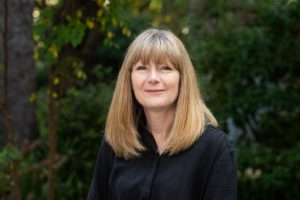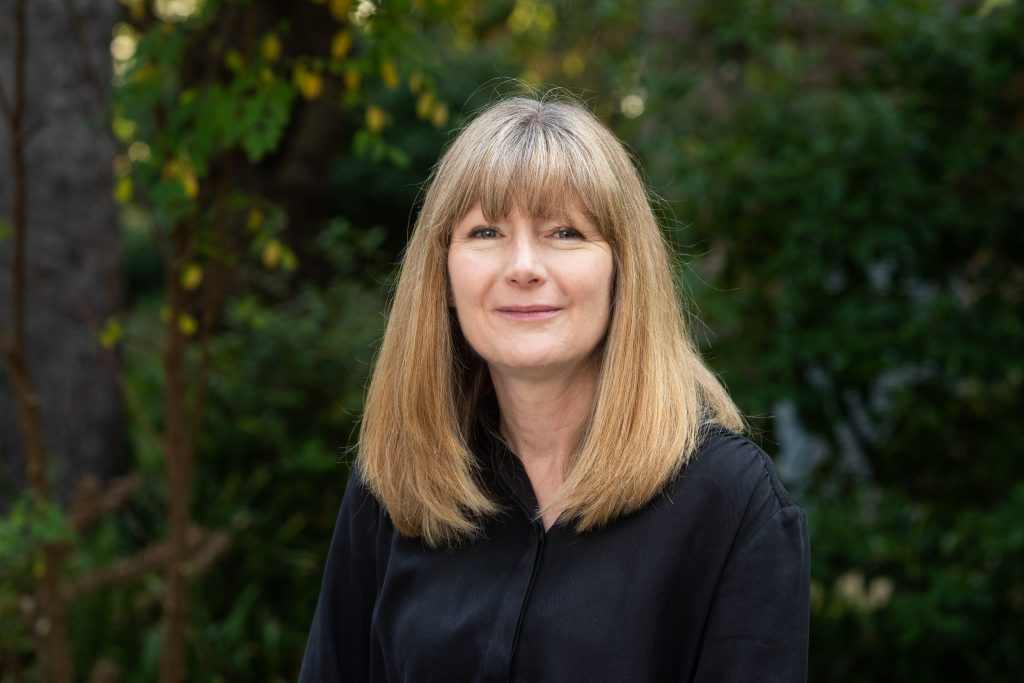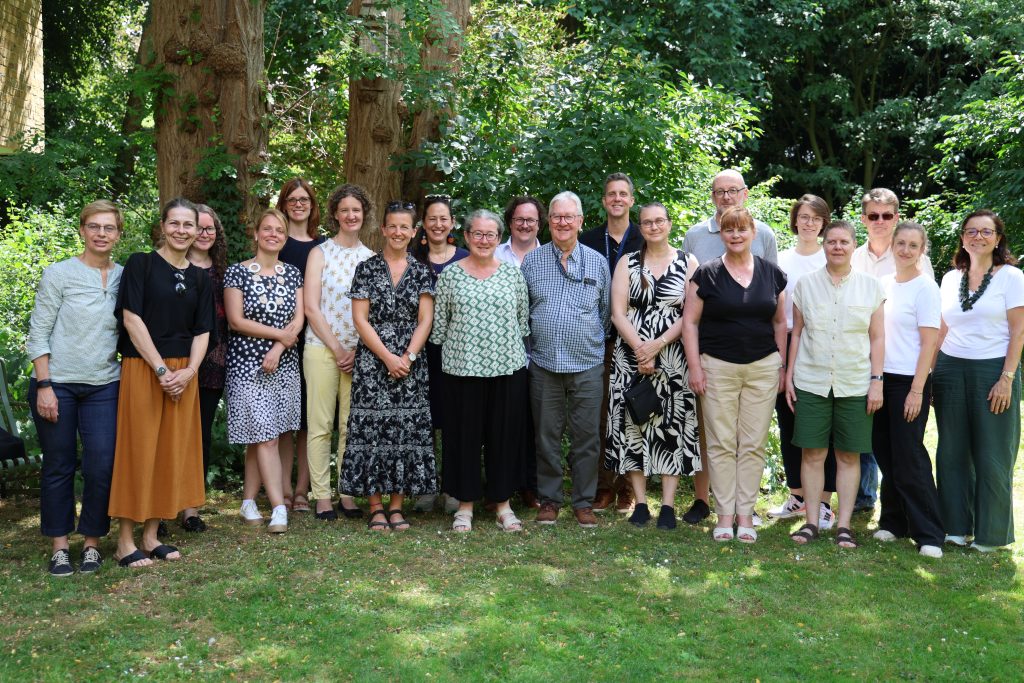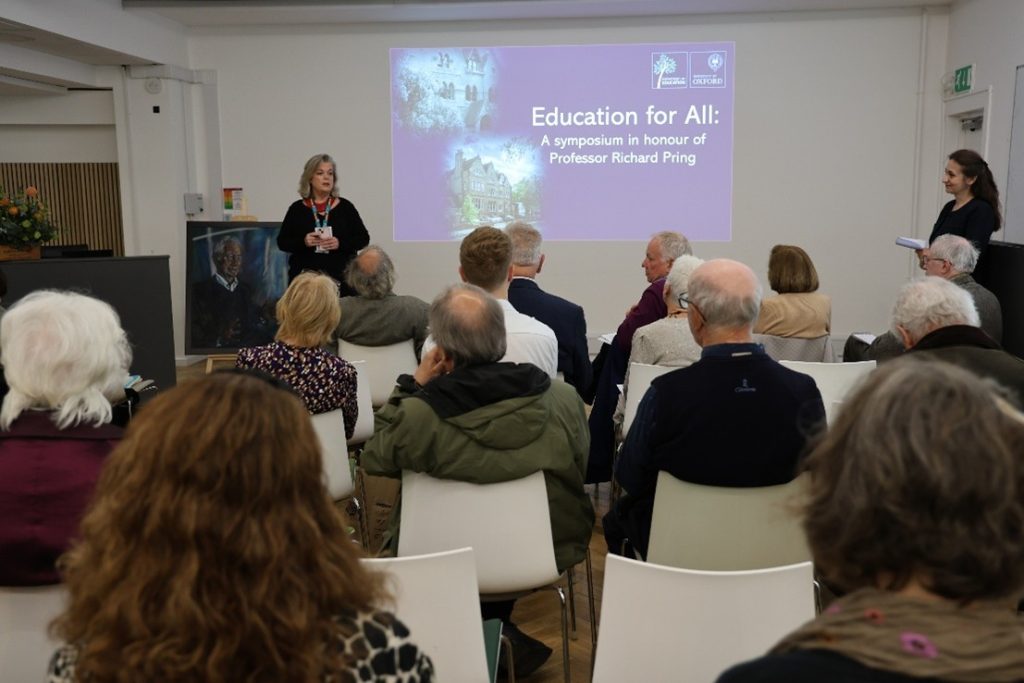Associate Professor of Educational Assessment, Dr Michelle Meadows, gave evidence to the House of Lords Committee on Education for 11 to 16 Year Olds on 30th March as part of their inquiry into the education and skills necessary for the digital and green economy.
The committee wanted to learn about the effectiveness of GCSEs as a means of assessing the achievements of pupils.
Michelle said: “At the House of Lords Committee, we discussed whether GCSEs are fit for purpose and how they might be assessed digitally. There is a debate about whether we need qualifications at age 16 given that learners now stay in education until they are 18. And the move to onscreen assessment in high stakes school based academic qualifications has been mooted for decades with little actual progress.
“I was asked to talk at the committee because I have worked in educational assessment for over 20 years, holding senior positions at AQA and then Ofqual. I have worked at the intersection of research, policy and practice and have given evidence to many select committees over the years.
“The purposes of GCSEs are set by government and they are designed to meet those purposes. The current purposes focus on reliability of assessment (rather than validity or authenticity, for example) and include their use in holding schools to account.
“Unsurprisingly this means that GCSEs include more examinations and less teacher assessment than previous versions. But a different set of purposes and a broader quality framework against which schools are held to account would lead to quite different kinds of assessment. This could be more engaging for a wider range of students.
“One of the key messages that the expert witnesses sought to get over, was that evolution is better than revolution. I think the committee took this on board. GCSEs and A-levels are usually reformed every five years or so. This is a massive drain on the secondary and tertiary education system.
“An approach which identifies specific problems and seeks to address them, rather than reforming all qualifications at the same time might create better qualifications and place less strain on teachers. Afterall teachers are really under pressure at the moment and helping students catch-up after the pandemic is surely the thing we want them to be focusing on.”
When asked where the committee should be focusing their efforts, Michelle continued:
“As I said to the committee, the focus should be on the inputs to the education system, not on qualifications which come at the end. That’s not to say that there isn’t a place for qualification reform but the priorities at the moment should be on supporting teachers to teach – removing bureaucracy, professional development etc., and on recruitment and retention.
“Discussions were lively and, as with almost all aspects of education, there were many different perspectives and positions regarding GCSEs. I was pleased to be able to give my views and was grateful to the committee for listening. Policy making in this area tends to be cyclical and policy memory rather lacking, so opportunities to discuss research evidence are very welcome.”
Listen to Michelle speaking at the committee: Parliamentlive.tv – Education for 11–16 Year Olds Committee











